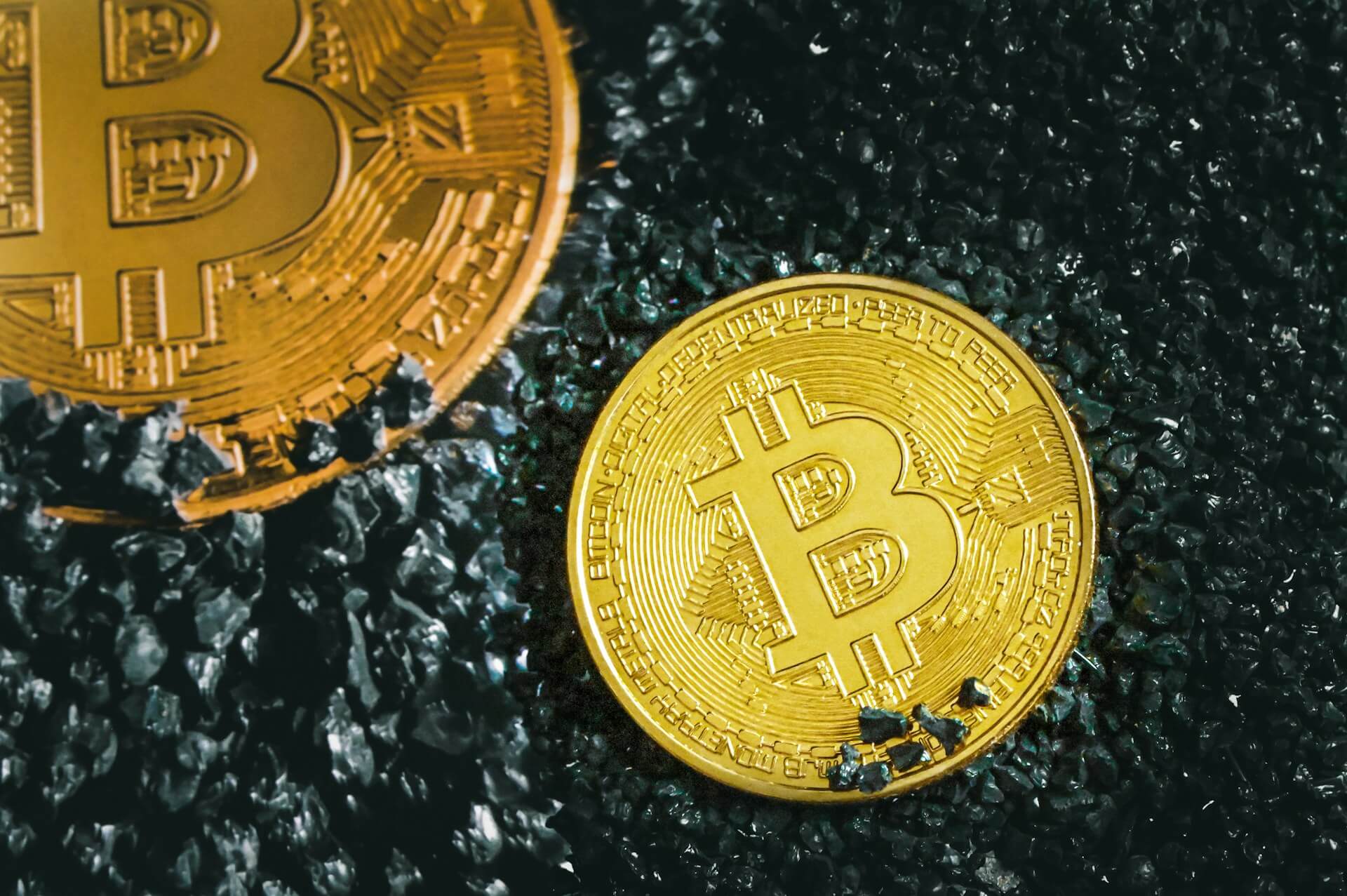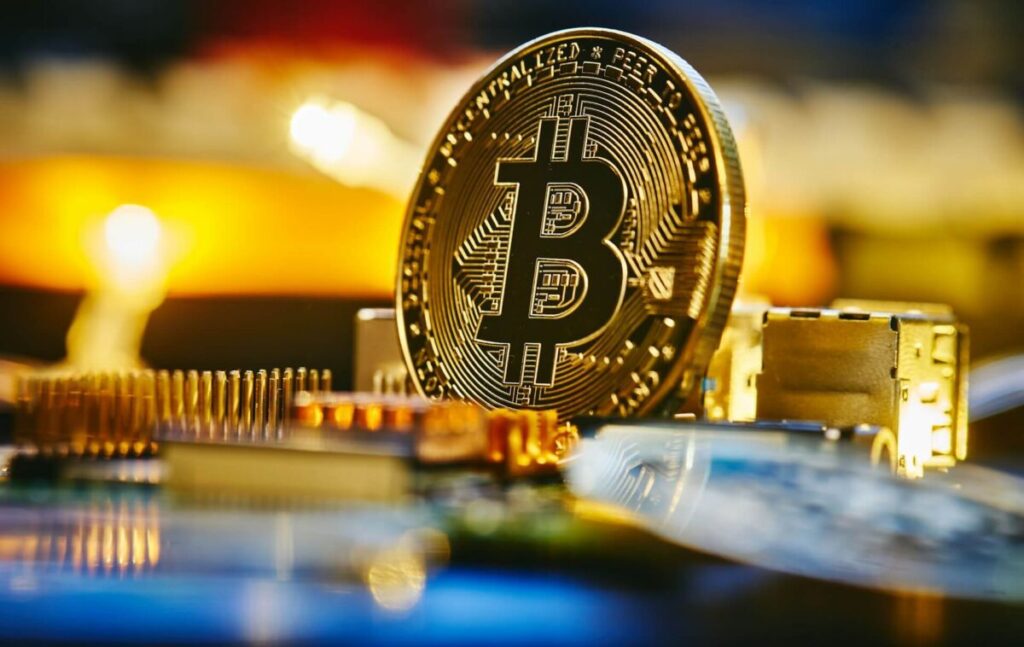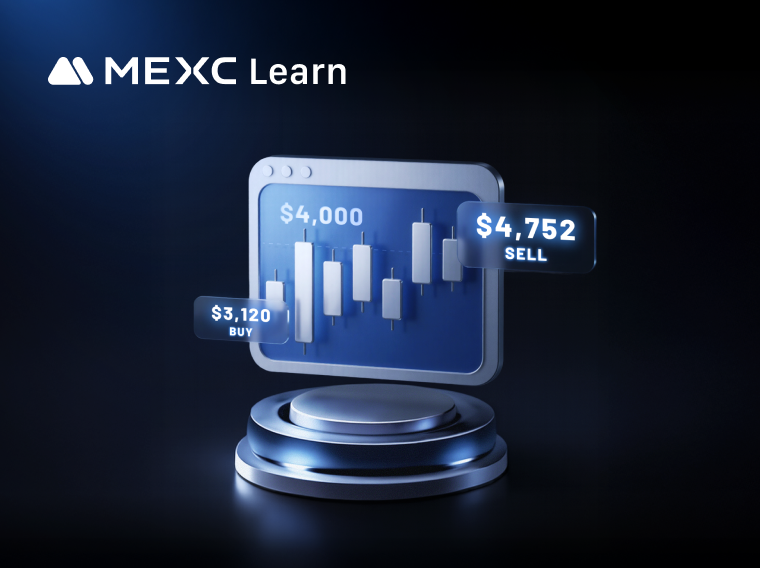Bitcoin has climbed from pennies to tens of thousands of dollars, yet many still wonder how digital currency without physical backing holds any value.
This article explains the core factors that make Bitcoin valuable, from its fixed supply to growing institutional adoption.
You'll understand why millions worldwide view BTC as a legitimate store of value and how it compares to traditional money.
Key Takeaways
Bitcoin's value stems from its fixed supply of 21 million coins, creating digital scarcity that cannot be inflated like traditional currencies.
Decentralization means no government, bank, or corporation can freeze accounts, block transactions, or manipulate Bitcoin's supply.
Bitcoin's security comes from the world's most powerful computing network, making attacks prohibitively expensive and practically impossible.
Real-world utility includes fast cross-border payments, low-cost large transactions, and growing acceptance by institutions and merchants worldwide.
Network effects drive value as adoption increases—the more people use Bitcoin, the more useful and valuable it becomes.
Market factors like supply-demand dynamics, regulatory developments, and institutional investment significantly influence Bitcoin's day-to-day price fluctuations.
Money works because people agree it has value.
The U.S. dollar holds worth not because of gold reserves but because citizens trust the government backing it and merchants accept it for goods.
Traditional currencies gain value through three elements: widespread acceptance, stable supply management, and legal enforcement.
When you pay for coffee with dollars, both you and the barista believe those bills can be exchanged for other goods later.
Bitcoin operates without government backing, yet it achieves similar functions through different mechanisms.
Instead of central bank promises, Bitcoin relies on mathematical scarcity and decentralized network security.
The question isn't whether Bitcoin needs traditional backing, but whether its unique properties create genuine value.
This fixed ceiling creates predictable scarcity unlike fiat currencies, which governments can print indefinitely.
As of late 2024, over 19 million BTC have already been mined, with fewer than 2 million remaining to be created over the next century.
This programmed scarcity mirrors precious metals like gold, except Bitcoin's supply is mathematically provable rather than dependent on geological surveys.
The decreasing issuance rate means Bitcoin becomes progressively harder to obtain over time.
No single entity controls Bitcoin.
The network runs on thousands of independent computers worldwide, each maintaining a copy of every transaction ever made.
This decentralized structure means no government can freeze your Bitcoin, no bank can block your transactions, and no corporation can manipulate the supply.
Users operate peer-to-peer without requiring permission from financial institutions.
The distributed nature also provides resilience. Even if some computers go offline, the network continues operating.
This redundancy makes Bitcoin nearly impossible to shut down or censor, giving it value as a censorship-resistant asset.
Bitcoin's security comes from the world's most powerful computing network.
Miners compete to verify transactions by solving complex mathematical puzzles, and this process requires substantial computational power.
Attacking Bitcoin would require controlling 51% of the network's total mining power, a feat that would cost billions of dollars and provide little benefit to the attacker.
Once transactions receive several confirmations, they become practically irreversible.
This transparency combined with cryptographic security creates trust without requiring faith in any central authority.
Bitcoin functions as both a payment system and store of value.
Bitcoin enables efficient large-value transfers, with transaction fees often costing just a few dollars regardless of the amount sent, demonstrating its efficiency for large transactions.
These technologies make Bitcoin practical for buying coffee while the main blockchain handles larger settlements.
Cross-border transactions represent one of Bitcoin's strongest use cases.
Sending money internationally through banks can take days and incur significant fees, while Bitcoin transfers complete in minutes regardless of geography.
Bitcoin's value increases as more people use it, following Metcalfe's Law where a network's worth grows proportionally to the square of its users.
Institutional investors now hold significant Bitcoin positions through spot ETFs, opening cryptocurrency investment to retirement funds and traditional portfolios.
This mainstream acceptance legitimizes Bitcoin beyond early adopter circles.
Platforms like MEXC provide infrastructure for millions to buy, sell, and trade Bitcoin globally.
As merchant acceptance expands and financial products multiply, Bitcoin becomes increasingly useful and therefore more valuable.
Bitcoin's price fluctuates based on how many people want to buy versus sell at any moment.
When demand surges faster than the predictable supply schedule, prices rise sharply.
Major purchases by institutional investors or corporations can drive significant price increases by removing Bitcoin from circulation.
Conversely, large holders selling substantial amounts can temporarily depress prices.
The halving events that cut mining rewards in half create supply shocks approximately every four years.
Historical patterns show these events often precede price increases as the reduced supply meets steady or growing demand.
News significantly impacts Bitcoin's short-term value.
Positive regulatory developments, like ETF approvals or countries adopting favorable policies, typically boost prices as they signal growing legitimacy.
Media attention creates awareness cycles.
When Bitcoin reaches new price milestones, coverage increases, attracting new investors whose purchases drive prices higher in self-reinforcing cycles.
Fear and greed drive much of Bitcoin's volatility.
During market downturns, panic selling can accelerate price drops, while euphoric periods see buyers paying premium prices expecting further gains.
Government policies toward cryptocurrency affect Bitcoin's accessibility and perceived legitimacy.
Clear regulations that protect investors while allowing innovation tend to support higher valuations.
Economic instability in specific countries often drives local Bitcoin adoption.
When national currencies experience hyperinflation, citizens turn to Bitcoin to preserve purchasing power, increasing demand.
Global economic conditions influence Bitcoin's role as a hedge asset.
During periods of monetary expansion and concerns about fiat currency devaluation, Bitcoin's fixed supply becomes more attractive to investors seeking inflation protection.
Skeptics argue Bitcoin lacks intrinsic value because it's not backed by physical assets or government promises.
However, this criticism misunderstands modern money, where fiat currencies also lack commodity backing since major economies like the United States abandoned the gold standard in 1971. Bitcoin's worth comes from its monetary properties rather than physical backing.
The real test of value is whether people voluntarily exchange goods and services for it.
Critics also cite volatility as evidence of worthlessness, yet price fluctuations characterize emerging assets during adoption phases.
The internet, smartphones, and electric vehicles all experienced volatile early periods before achieving stable mainstream acceptance.
Ultimately, Bitcoin's value rests on collective belief in its utility as censorship-resistant money with predictable scarcity.
As long as millions worldwide find it useful for storing wealth, making payments, or hedging against monetary debasement, Bitcoin maintains tangible value regardless of government endorsement.
Why is Bitcoin more valuable than Ethereum?
Bitcoin focuses solely on being sound money with maximum security and decentralization, while Ethereum prioritizes smart contract functionality, giving each different value propositions.
What gives Bitcoin value if it's backed by nothing?
Bitcoin's value comes from mathematical scarcity, decentralized security, global accessibility, and growing adoption rather than government backing.
Why do people think Bitcoin is valuable?
People value Bitcoin for its fixed supply that protects against inflation, censorship resistance, fast borderless transactions, and potential as digital gold.
Why does Bitcoin have so much value?
Limited supply of 21 million coins combined with increasing demand from institutional investors and global adoption drives Bitcoin's high valuation.
Why is Bitcoin the most valuable cryptocurrency?
Bitcoin's first-mover advantage, largest network effect, strongest security, simplest design, and longest track record make it the most trusted cryptocurrency.
Bitcoin derives value from scarcity, security, utility, and network effects rather than government backing.
Its fixed 21 million supply creates digital scarcity while decentralization ensures no single entity can manipulate it.
As institutional adoption grows and more people recognize Bitcoin's properties as sound money, its role in the global financial system continues expanding.
Understanding these fundamentals helps explain why Bitcoin maintains value despite lacking traditional backing.










